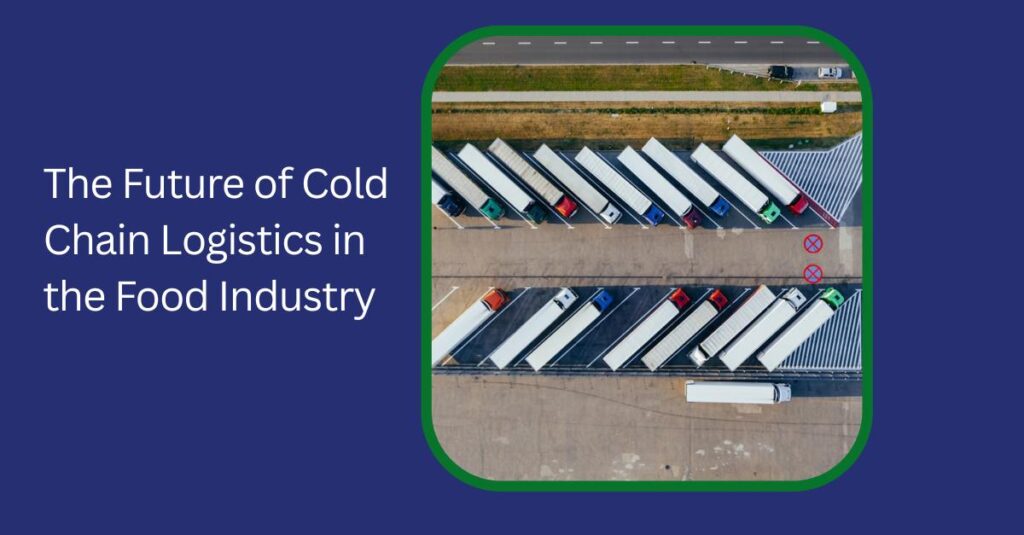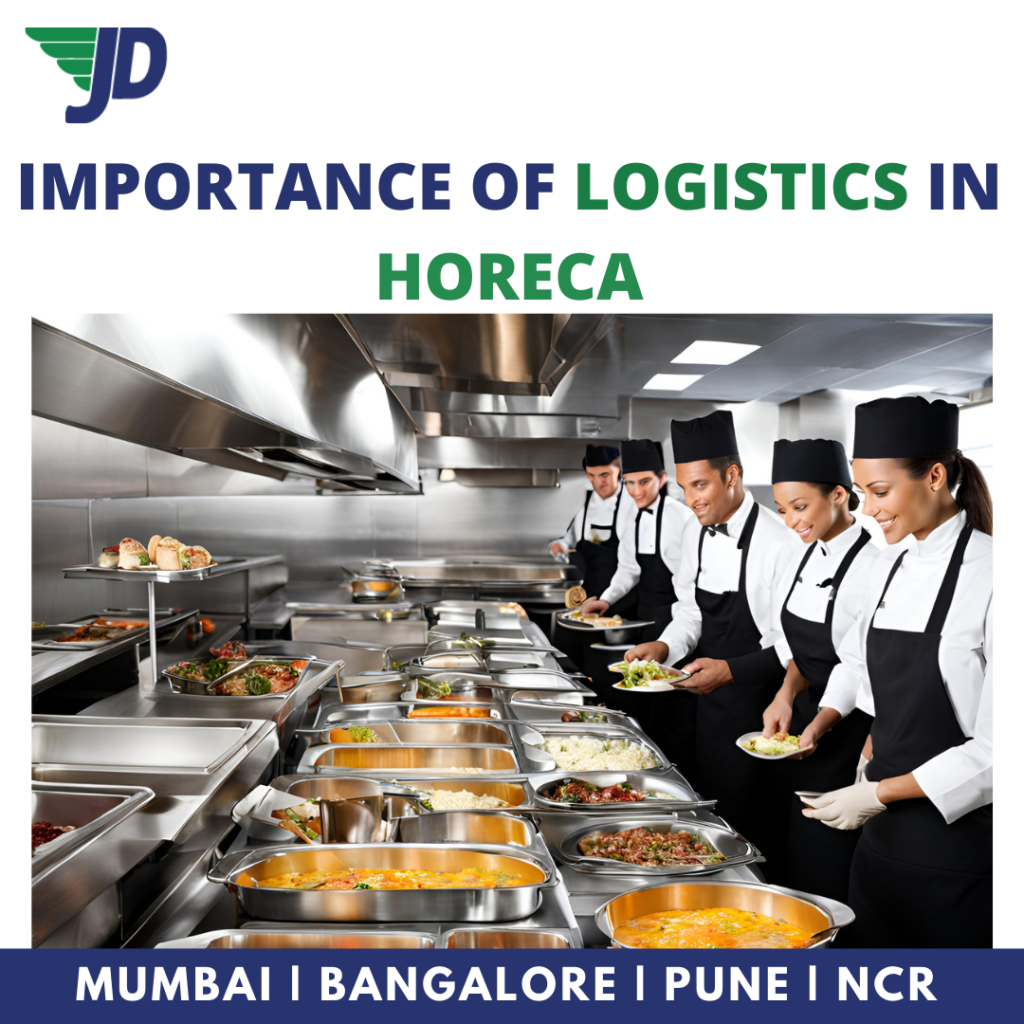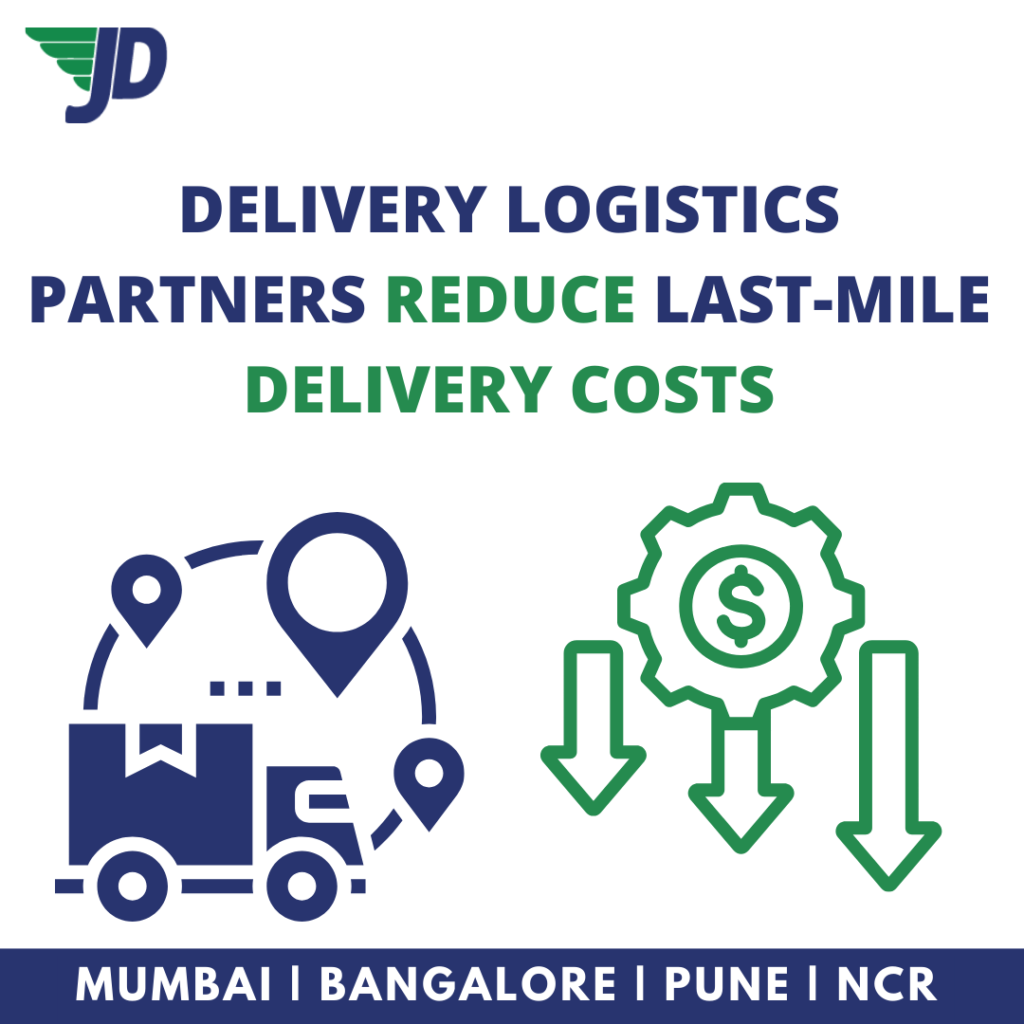In an era of evolving technologies and shifting consumer demands, the realm of logistics within the food industry stands poised for transformation. With the global food supply chain growing more intricate and interconnected, the demand for efficient, reliable, and sustainable solutions is escalating. Ensuring food safety, minimizing waste, and meeting stringent regulations are paramount concerns driving the evolution of logistics practices. Automation, data analytics, and temperature monitoring technologies are at the forefront, revolutionizing how goods are moved, stored, and delivered. This wave of innovation enhances efficiency and transparency across the supply chain. Additionally, the industry’s emphasis on sustainability is propelling the adoption of eco-friendly practices like alternative fuels and renewable energy sources. Amidst these changes lie challenges and opportunities that necessitate innovative approaches and strategic partnerships to navigate the logistics landscape successfully.
Current Challenges in Cold Chain Logistics in India
Overview of Existing Challenges
The cold chain logistics industry in India faces numerous daunting challenges that impede its seamless operation and efficiency. These challenges not only affect the logistics sector but also have profound implications for the entire Indian food supply chain.
Inadequate Infrastructure and Storage Facilities
One of the primary challenges in India’s cold chain logistics is the inadequate infrastructure. The lack of modern storage facilities, refrigerated transportation vehicles, and temperature-controlled warehouses poses a significant obstacle to maintaining the integrity of perishable goods throughout the supply chain. This inadequacy results in substantial post-harvest losses, especially for highly perishable items like fruits, vegetables, and dairy products.
Unreliable Power Supply and Temperature Fluctuations
Another critical challenge is the erratic power supply that leads to temperature fluctuations within storage units. The inability to maintain consistent temperatures throughout the cold chain process jeopardizes the quality and safety of the stored goods. This issue is exacerbated during extended power outages or in remote areas with limited access to reliable electricity.
Poor Transportation Networks and Access to Technology
The inefficient transportation networks in India further exacerbate the challenges faced by cold chain logistics. Inadequate road infrastructure, congestion, and lack of proper handling facilities during transit contribute to delays and losses. Moreover, the limited access to technology and a skilled workforce hinders the adoption of advanced cold chain management practices, such as real-time monitoring, data analytics, and predictive maintenance.
Impact on the Indian Food Supply Chain
The repercussions of these challenges reverberate throughout the Indian food supply chain. High post-harvest losses, estimated to range from 30% to 40% for perishable goods, not only impact the income of farmers but also lead to food shortages and increased prices for consumers. The compromised quality and safety of food products due to inadequate cold chain facilities pose significant risks to public health and contribute to foodborne illnesses.
Addressing the multifaceted challenges in cold chain logistics is imperative to fortify the Indian food supply chain. Enhancing infrastructure, investing in technology and innovation, and fostering collaboration among stakeholders are pivotal steps towards mitigating losses, ensuring food security, and elevating the overall efficiency and resilience of the logistics sector.
Technological Advancements in Indian Cold Chain Logistics
In recent years, the Indian cold chain logistics sector has witnessed significant technological advancements that have revolutionized the industry. Two key areas that have seen remarkable progress are:.
1. IoT and Tracking Systems Implementation :
IoT (Internet of Things) has played a crucial role in enhancing the efficiency and reliability of cold chain logistics in India. By implementing IoT devices and sensors, companies can now track the location, temperature, and condition of goods in real-time. This has not only helped in minimizing wastage but also in ensuring the quality and safety of perishable products during transit. The real-time monitoring provided by IoT devices allows for proactive decision-making, such as adjusting temperature settings or rerouting shipments in case of deviations, thereby reducing the risk of spoilage and ensuring customer satisfaction.
2. Automation and Robotics for Efficiency :
The integration of automation and robotics in cold chain logistics operations has led to a significant improvement in efficiency and speed. Automated systems for loading and unloading, robotic arms for packaging, and autonomous vehicles for transportation have streamlined the entire process. This not only reduces manual labor but also minimizes errors and delays, making the supply chain more reliable and cost-effective. Additionally, automation ensures consistency in processes, leading to improved product quality and adherence to regulatory standards.
3. Blockchain Technology for Transparency and Traceability :
Another significant technological advancement in Indian cold chain logistics is the adoption of blockchain technology for enhanced transparency and traceability. Blockchain enables secure, immutable record-keeping of transactions and data exchanges along the supply chain, allowing stakeholders to track the journey of products from origin to destination. This transparency not only helps in maintaining the integrity of the cold chain but also plays a crucial role in ensuring compliance with food safety regulations and certifications.
4. Data Analytics for Predictive Insights :
The use of data analytics tools and algorithms in cold chain logistics empowers companies to gain valuable insights from vast amounts of data generated during operations. By analyzing historical trends, environmental factors, and shipment conditions, logistics providers can make informed decisions to optimize routes, forecast demand, and prevent disruptions. Predictive analytics also enable proactive maintenance of refrigeration systems and vehicles, reducing downtime and preserving product quality.
These technological advancements are not only transforming the Indian cold chain logistics industry but also setting new standards for quality, safety, and efficiency. Embracing these innovations not only improves operational efficiency but also ensures the integrity of the cold chain, ultimately benefiting consumers and businesses alike.
Future Trends in Cold Chain Logistics for Indian Food Industry
Projected Growth and Market Trends in India
The Indian food industry is experiencing a remarkable growth trajectory, driven by an increasing demand for processed and packaged food items. This growth is propelled by shifting consumer preferences, rapid urbanization, and a rise in disposable income. As a result, the cold chain logistics sector is poised to expand rapidly to cater to the rising demand for perishable goods such as fruits, vegetables, dairy products, and meat.
Government Support
The Indian government has recognized the critical role of a robust cold chain infrastructure in supporting the food industry. To this end, it has implemented various initiatives and policies aimed at bolstering the cold chain logistics sector. These initiatives encompass financial incentives, tax benefits, and subsidies to incentivize investments in cold storage facilities, refrigerated transportation, and temperature-controlled warehouses. Such governmental support plays a pivotal role in enhancing the efficiency and dependability of the cold chain logistics network, ultimately benefiting both producers and consumers.
Innovative Solutions
In response to the changing landscape of the food industry, logistics providers are embracing innovative solutions to streamline cold chain operations. This includes the adoption of cutting-edge refrigeration technologies, real-time temperature monitoring systems, Internet of Things (IoT) devices, and data analytics for improved inventory management and quality assurance. Through the integration of these technologies, companies can guarantee the freshness and safety of food products across the supply chain, thereby reducing wastage and enhancing overall operational efficiency.
Challenges and Opportunities
While the future of cold chain logistics in the Indian food industry appears promising, there are several challenges that need to be addressed. These include infrastructural limitations, inadequate technology adoption, and skilled manpower shortages. However, these challenges also present opportunities for innovation and growth. By investing in sustainable practices, developing skilled workforce, and fostering collaborations between industry stakeholders, the cold chain logistics sector can overcome these hurdles and thrive in the evolving market landscape.
Conclusion
The future of cold chain logistics in the Indian food industry is marked by significant growth potential and opportunities for innovation. By capitalizing on government support, leveraging advanced technologies, and addressing key challenges, the sector can play a pivotal role in ensuring food safety, reducing waste, and meeting the dynamic demands of consumers in India’s rapidly evolving food market.
Enhancing Food Safety and Quality through Cold Chain Logistics
Ensuring the freshness and quality of food products is paramount. Cold chain logistics play a crucial role in maintaining these standards by implementing various measures to guarantee freshness assurance and comply with quality standards. JustDeliveries, a leading provider of cold chain logistics solutions, is at the forefront of ensuring efficient and reliable transportation and storage of perishable goods. They offer a range of services including temperature-controlled transportation, state-of-the-art storage facilities, real-time monitoring, and customized solutions tailored to meet the unique needs of clients. With JustDeliveries, businesses can benefit from cutting-edge technology, expert guidance, and a commitment to excellence in cold chain management.
Reduction of Food Wastage in India
One of the pressing issues faced in India is food wastage, which has significant economic, social, and environmental repercussions. Cold chain logistics have emerged as a solution to combat this problem by reducing food losses at various stages of the supply chain. By implementing proper storage, transportation, and distribution practices, cold chain logistics help minimize food wastage, ensuring that food reaches consumers in optimal condition. This not only improves food safety and quality but also contributes to overall sustainability efforts in the food industry.
The integration of technology in cold chain logistics has further revolutionized the way food safety and quality are ensured. Innovations such as temperature monitoring devices, real-time tracking systems, and data analytics have enhanced the efficiency and reliability of cold chain operations. These advancements not only help in maintaining the freshness of perishable goods but also provide valuable insights to stakeholders for continuous improvement.
Sustainability Efforts in Cold Chain Logistics
Another significant aspect of cold chain logistics is its contribution to sustainability efforts within the food industry. By ensuring efficient transportation and storage of perishable goods, cold chain logistics reduce the carbon footprint associated with food wastage. This reduction in greenhouse gas emissions aligns with global sustainability goals and helps mitigate the environmental impact of food production and distribution.
Quality Control and Compliance Standards
Maintaining high-quality standards and compliance with regulations is imperative in the food industry to safeguard consumer health and trust. Cold chain logistics enforce strict quality control measures throughout the supply chain, ensuring that food products meet safety and hygiene standards. By adhering to regulatory requirements and implementing quality assurance protocols, cold chain operators help prevent contamination, spoilage, and other hazards that could compromise the safety and quality of food products.
Innovative Solutions for Food Safety
The continuous evolution of technology has paved the way for innovative solutions in food safety and quality management. Cold chain logistics leverage cutting-edge tools and systems to monitor and track food products in real time, enabling quick response to any deviations from optimal conditions. Automated processes, such as temperature-controlled storage facilities and smart packaging solutions, further enhance the safety and quality of perishable goods, ensuring that consumers receive fresh and unadulterated products.
Global Impact of Cold Chain Logistics
The significance of cold chain logistics extends beyond national borders, with its impact resonating globally. By facilitating international trade of perishable goods, cold chain networks enable the export and import of fresh produce and other temperature-sensitive products. This interconnected system of refrigerated storage and transportation not only supports the economy by expanding market reach but also promotes cross-cultural exchange and cooperation in the global food trade.
Looking Ahead: Future Trends in Cold Chain Logistics
As the demand for fresh and high-quality food products continues to rise, the future of cold chain logistics holds promising developments. Anticipated trends include increased adoption of IoT devices for real-time monitoring, expansion of cold chain infrastructure in emerging markets, and enhanced collaboration among stakeholders to optimize supply chain efficiency. By staying abreast of these trends and embracing technological advancements, the food industry can further enhance food safety, quality, and sustainability through efficient cold chain logistics.
Conclusion
The future of cold chain logistics in the food industry looks promising as advancements in technology, such as IoT and blockchain, continue to revolutionize the way temperature-sensitive products are handled and transported. By improving efficiency, transparency, and traceability, cold chain logistics not only ensures food safety and quality but also plays a significant role in reducing food waste and meeting the growing demands of consumers for fresh and perishable products. As the industry evolves to meet these challenges, it is essential for stakeholders to adapt and embrace these innovations to create a more sustainable and resilient food supply chain for the future.

Mansi Mahansaria
I’m Mansi Mahansaria, CEO and Founder of JustDeliveries, a B2B logistics company specializing in the food and beverage sector. With a background in Chemical Technology (ICT Mumbai), an MBA (FMS Delhi), and experience at IDFC Private Equity and Tata Group, I’ve built a plug-and-play logistics network helping F&B brands scale efficiently. I also share insights on entrepreneurship and logistics at industry and academic events.






